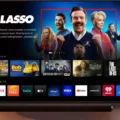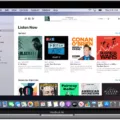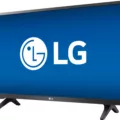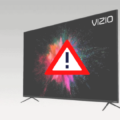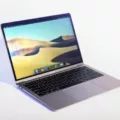Smart TVs have become increasingly popular in recent years, offering a wide range of features and capabilities that enhance the viewing experience. Two major players in the smart TV market are Philips and Samsung, both known for their innovative technology and high-quality products. In this article, we will compare the smart TV offerings from Philips and Samsung, highlighting their strengths and features.
Picture Quality:
When it comes to picture quality, both Philips and Samsung offer impressive options. Philips TVs boast 4K UHD and upscaling technology, delivering sharp and detailed visuals. With features like laser backlight and extreme motion smoothness, Philips TVs excel in providing a superior picture quality. On the other hand, Samsung TVs also offer 4K UHD and advanced upscaling capabilities. Samsung TVs generally have a brighter display in standard dynamic range (SDR), better upscaling, and fewer issues with uniformity. This makes Samsung TVs a top choice for those who prioritize picture quality.
Smart TV Features:
Philips smart TVs come equipped with the Roku operating system (OS), offering a user-friendly interface and access to a wide range of streaming services and apps. The Roku OS is known for its simplicity and ease of use, making it a popular choice among consumers. Samsung, on the other hand, features its own Tizen OS, which provides a seamless and intuitive smart TV experience. With Tizen, users can easily navigate through apps, stream content, and even control their smart home devices.
Gaming Capabilities:
For gaming enthusiasts, both Philips and Samsung offer gaming features on their smart TVs. However, Samsung TVs have a slight edge in this department. Samsung TVs support Variable Refresh Rate (VRR), which reduces screen tearing and provides a smoother gaming experience. Additionally, Samsung TVs generally have better motion handling, minimizing motion blur during fast-paced gaming scenes. While Philips TVs also offer gaming features, Samsung is the preferred choice for avid gamers.
Build Quality:
When it comes to build quality, both Philips and Samsung TVs are known for their durability and reliability. However, LG takes the lead in this aspect. LG TVs are renowned for their high build quality, ensuring longevity and sturdiness. This is an important factor to consider when investing in a smart TV, as it guarantees a long-lasting and reliable product.
Sound Quality:
In terms of sound quality, both Philips and Samsung offer decent audio capabilities. However, it is worth noting that sound quality varies across different models and sizes. It is recommended to check the specifications and customer reviews for specific models to determine which brand offers the best sound quality for your needs.
Both Philips and Samsung offer a wide range of smart TVs with impressive features and capabilities. While Philips excels in picture quality and user-friendly interfaces with the Roku OS, Samsung stands out with its brighter displays, better upscaling, and gaming features. Ultimately, the choice between Philips and Samsung will depend on individual preferences and priorities.
Are Philips TVs Good Quality?
Philips TVs are known for their good quality. Here are some reasons why:
1. Picture Quality:
– Philips TVs offer 4K UHD resolution, which provides a high level of detail and clarity in the picture.
– They also use upscaling technology to enhance the quality of non-4K content, making it look sharper and more vibrant.
– Some Philips TVs feature a laser backlight, which improves contrast and allows for deeper blacks and brighter whites.
– The extreme motion smoothness feature reduces motion blur, resulting in a smoother and more realistic viewing experience.
2. Smart TV Features:
– Philips Smart TVs come with built-in Wi-Fi, allowing you to connect to the internet and access a wide range of apps and streaming services.
– You can enjoy popular streaming platforms like Netflix, Hulu, and YouTube directly on your Philips TV, without the need for additional devices.
– The user interface is intuitive and user-friendly, making it easy to navigate and find your favorite content.
3. Audio Quality:
– Philips TVs are often praised for their sound quality. Some models feature built-in speakers with enhanced audio technologies, offering clear and immersive sound.
– Certain Philips TVs also support Dolby Atmos, a surround sound technology that creates a more dynamic and immersive audio experience.
4. Design and Durability:
– Philips TVs are designed with sleek and modern aesthetics, making them visually appealing and suitable for any living space.
– The build quality is generally solid, ensuring durability and longevity.
5. Wide Range of Options:
– Philips offers a wide range of TV models to cater to different needs and budgets. This includes LED TVs, 4K UHD TVs, and Smart TVs with various screen sizes.
– The availability of different options allows you to choose a Philips TV that suits your preferences and requirements.
Philips TVs are known for their superior picture quality, smart features, audio performance, and stylish design. They offer a range of options to cater to different needs, making them a popular choice among consumers.
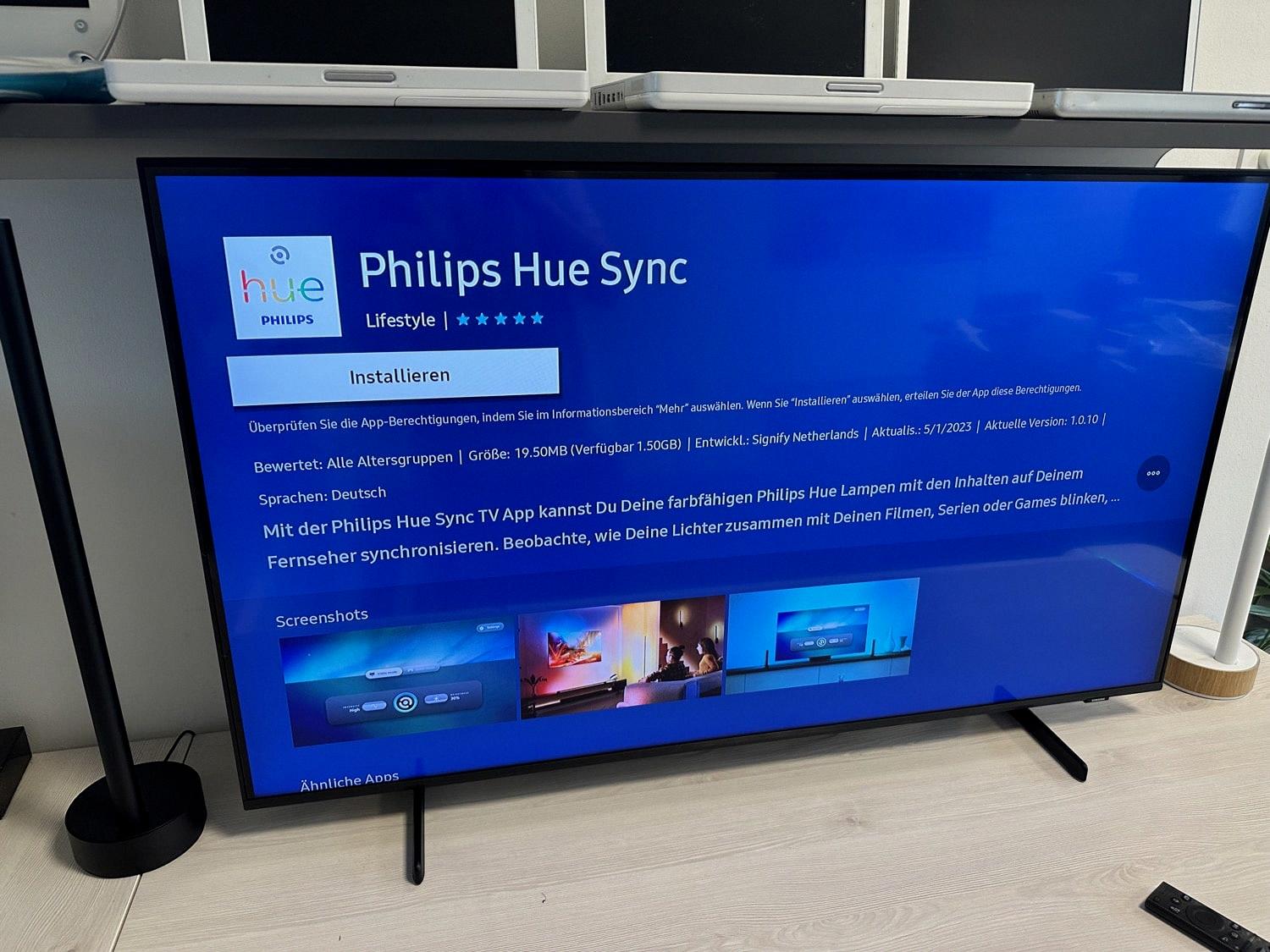
Which Is Better Vizio Or Samsung TV?
When comparing Vizio and Samsung TVs, it’s important to consider their strengths and weaknesses. Both brands have their own unique features and qualities that may appeal to different individuals based on their preferences and needs. Let’s break down the key aspects to help you make an informed decision:
Vizio TV:
Strengths:
– Gaming features: Vizio TVs often come with Variable Refresh Rate (VRR) support, which can enhance the gaming experience by reducing screen tearing and stuttering.
– Motion handling: Vizio TVs generally have better motion handling capabilities, ensuring smoother and more fluid picture quality during fast-paced scenes.
Weaknesses:
– Picture quality: While Vizio TVs offer good overall picture quality, they may not perform as well as Samsung TVs in certain areas.
– Brightness in SDR: Vizio TVs tend to have lower brightness levels in Standard Dynamic Range (SDR) content, which may impact the viewing experience in well-lit rooms.
– Upscaling: The upscaling technology on Vizio TVs may not be as advanced as Samsung’s, resulting in slightly lower quality when displaying lower resolution content.
– Uniformity issues: Some Vizio TVs may suffer from uniformity issues, such as clouding or backlight bleeding, which can affect the consistency of the picture across the screen.
Samsung TV:
Strengths:
– Picture quality: Samsung TVs are known for their excellent picture quality, with vibrant colors, deep blacks, and high contrast ratios. This makes them ideal for enjoying movies, TV shows, and other content.
– Brightness: Samsung TVs generally have higher brightness levels in SDR, allowing for better visibility in well-lit environments.
– Upscaling: Samsung’s upscaling technology is highly regarded, ensuring that lower resolution content is displayed with improved clarity and detail.
– Uniformity: Samsung TVs typically have fewer uniformity issues, resulting in a more consistent and uniform picture across the screen.
Weaknesses:
– Gaming features: While Samsung TVs still offer gaming features, they may not have as many advanced gaming-centric features as Vizio models, such as VRR support.
The choice between Vizio and Samsung TVs ultimately depends on your specific requirements and priorities. If gaming features and motion handling are essential to you, the Vizio TV may be the better option. On the other hand, if picture quality, brightness, upscaling, and uniformity are your primary concerns, the Samsung TV would likely be the superior choice.
Is The Philips TV A Smart TV?
The Philips TV is indeed a smart TV. It comes with the Roku OS built in, which is a powerful and user-friendly operating system. The Roku OS allows users to seamlessly access a wide range of streaming services, such as Netflix, Hulu, and Amazon Prime Video, directly from their TV. This means that you can easily stream your favorite movies, TV shows, and other content without the need for additional devices or cables.
The Philips smart TV also offers a variety of other features and functionalities. It has a user-friendly interface that makes it easy to navigate through different apps and menus. It supports Wi-Fi connectivity, allowing you to connect your TV to the internet wirelessly and access online content. Additionally, the smart TV comes with a remote control that includes dedicated buttons for popular streaming services, making it even more convenient to use.
In terms of picture quality, Philips smart TVs are known for their high-definition displays and vibrant colors. They often come with features like HDR (High Dynamic Range) and Dolby Vision, which enhance the contrast and color accuracy of the images on the screen, providing a more immersive viewing experience.
Moreover, Philips smart TVs also support voice control. With the built-in microphone in the remote control or through a compatible voice assistant device, users can easily search for content, change channels, adjust volume, and perform other functions using just their voice.
Here is a summarized list of the features of Philips smart TVs:
– Built-in Roku OS for seamless access to streaming services
– Wide range of streaming apps, including Netflix, Hulu, and Amazon Prime Video
– User-friendly interface and easy navigation
– Wi-Fi connectivity for wireless internet access
– High-definition displays with HDR and Dolby Vision support
– Voice control capabilities for convenient operation
The Philips TV is a smart TV that offers a great combination of features, functionality, and picture quality. With its built-in Roku OS, users can enjoy a wide range of streaming services and easily access online content, making it a convenient and enjoyable entertainment device.
Which Is Better LG Or Philips TV?
When it comes to comparing LG and Philips smart TVs, there are several factors to consider. However, based on various aspects, it can be stated that LG Smart TVs generally offer a better overall range and quality than Philips Smart TVs. Let’s delve into the reasons why LG stands out in the market:
1. Build Quality:
– LG TVs are known for their high build quality, ensuring durability and longevity.
– Philips TVs are decently built but may not match the sturdiness of LG models.
2. Picture Quality:
– LG Smart TVs are renowned for their exceptional picture quality, providing vivid and lifelike visuals. They often incorporate advanced technologies like OLED or NanoCell displays, resulting in deeper blacks, richer colors, and wider viewing angles.
– While Philips TVs also offer good picture quality, they may not be on par with LG’s offerings in terms of color accuracy and contrast ratio.
3. Sound Quality:
– LG Smart TVs generally excel in sound quality, providing immersive audio experiences with features like Dolby Atmos support and built-in soundbars.
– Philips TVs offer decent sound quality, but they may not offer the same level of richness and depth as LG models.
4. Operating System:
– LG Smart TVs utilize WebOS as their operating system, which is considered one of the best in the industry. It offers a user-friendly interface, smooth navigation, and a wide range of apps and streaming services.
– Philips Smart TVs use Android TV as their operating system, which is also popular but may not offer the same level of optimization and app support as WebOS.
If you are looking for a smart TV with superior build quality, excellent picture and sound quality, and a user-friendly operating system, LG is the better choice compared to Philips. However, it’s always recommended to consider your specific needs and budget before making a final decision.
Conclusion
Smart TVs have become an essential part of our modern lives, providing us with an immersive entertainment experience right in the comfort of our own homes. With the advancement in technology, smart TVs offer a wide range of features and functionalities that enhance our viewing pleasure.
One of the key factors to consider when purchasing a smart TV is the picture quality. Both Phillips and Samsung offer excellent picture quality with their 4K UHD and upscaling technologies. However, the Samsung TV has the edge with its brighter display in SDR, better upscaling capabilities, and fewer uniformity issues.
Another important aspect to consider is the smart TV’s operating system. Phillips TVs come with the Roku OS, which is known for its simplicity and user-friendly interface. On the other hand, LG smart TVs have their own operating system, which offers a better range of features and functionalities.
Additionally, it is worth mentioning that Vizio smart TVs have more gaming features, such as VRR support and better motion handling. However, overall, the Samsung TV provides a better picture quality and a more superior viewing experience.
Ultimately, the choice of a smart TV depends on individual preferences and requirements. It is important to consider factors such as picture quality, operating system, and additional features when making a decision. Whether it’s for watching your favorite shows, playing games, or streaming content, investing in a smart TV can greatly enhance your home entertainment experience.

